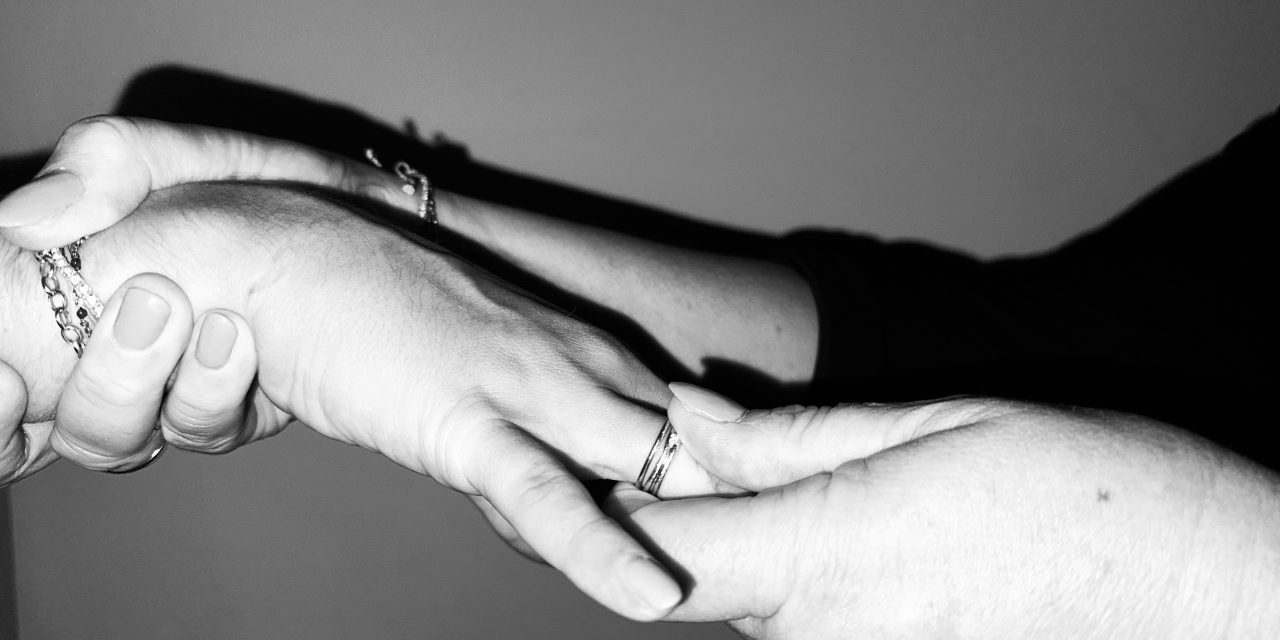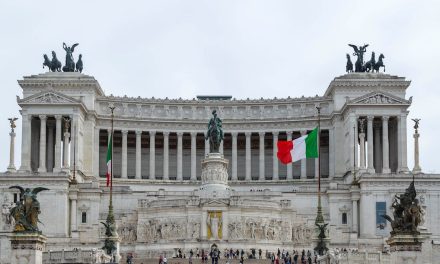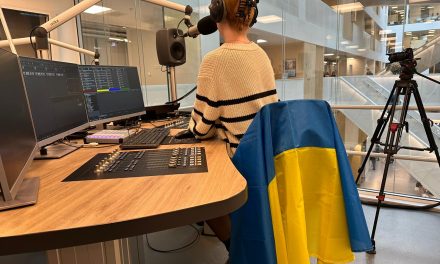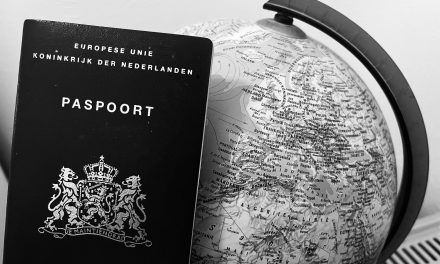On the first of September the Netherlands witnessed a significant rise in forced marriage cases, with 43 reported incidents this year, according to The National Hub for Forced Marriage and Abandonment (LKHA). This is marking a troubling increase over the previous year of 2022.
|Forced marriage entails compelling one or both parties into a marital bond against their voluntary consent. This coercive practice involves various forms of pressure, including physical, emotional, or psychological coercion, depriving individuals of their autonomy in the decision-making process regarding marriage. Regardless of gender, forced marriage infringes upon fundamental human rights, resulting in severe ramifications such as emotional distress, curtailed personal freedom, and in extreme cases, physical and sexual abuse.|
The Netherlands
The Netherlands is grappling with an increase in the incidence of forced marriages, as revealed by the National Hub for Forced Marriage and Abandonment (LKHA). In a concerning t increase, 43 cases have been reported so far this year, surpassing the total count for the last year. The LKHA manager, Diny Flierman, expressed her concern, stating, “The numbers increased this year already with around 8 or 9 cases in comparison to the previous year. While you might think that this is a lot, we assume that there are more cases that we have no knowledge of yet. I believe this increase does not mean forced marriage happens more often, but that more people are conscious of the problem and are more aware of our organization”.
The victims, predominantly young women, face not only a violation of their human rights but often also emotional and physical abuse, isolation, and a loss of autonomy over their lives. The LKHA organization works together with the Ministry of Foreign Affairs to help these victims come back to the Netherlands. “This is a difficult process”, says Flierman. “Although we have laws and regulations in the Netherlands forced marriage, it is a very delicate matter that almost always involves other family members and coercion on the victim”.
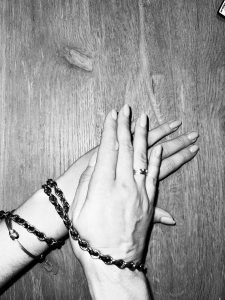
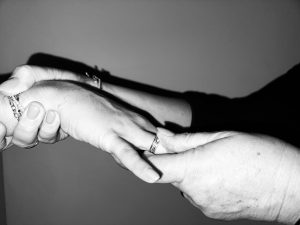
Europe
According to the NL-Times, forced marriage reports mainly come from the Middle East, parts of Africa, and South-East Asia, however, the LKHA also receives cases from European countries. According to the international law of the European Union, forced marriage is prohibited. The Netherlands and the European Union have committed to combating forced marriage and abandonment through international accords. These agreements oblige a country to integrate their measures into national laws and take measures to prevent violations of universal rights. For example, the Netherlands ratified the Istanbul Convention in 2015, which addresses violence against women and includes provisions against forced marriages. Similarly, the Universal Declaration of Human Rights underscores the right to freely choose marriage and select a partner without restrictions. These international agreements reflect a commitment to protecting individual freedoms and ensuring equal rights in the context of marriage.
The Netherlands and the EU are committed to combatting forced marriage through international agreements, emphasizing the protection of individual freedoms and equal rights within the institution of marriage. The rules of the Rijksoverheid state that forced marriage is considered a crime. The marriage will not be legal in the Netherlands and the perpetrators can even receive jail time for this crime. “As good as that might sound, it is difficult to prove that a marriage is forced, that is why our organization focuses on preventing forced marriage by raising awareness and also when the marriage takes place abroad we help the victim to return to the Netherlands and giving the help he or she needs. The risk of forced marriages abroad increases in the summer because then people travel more often for holidays or family visits. That’s why we have more reports due to the restart of the schools”, states Flierman.
